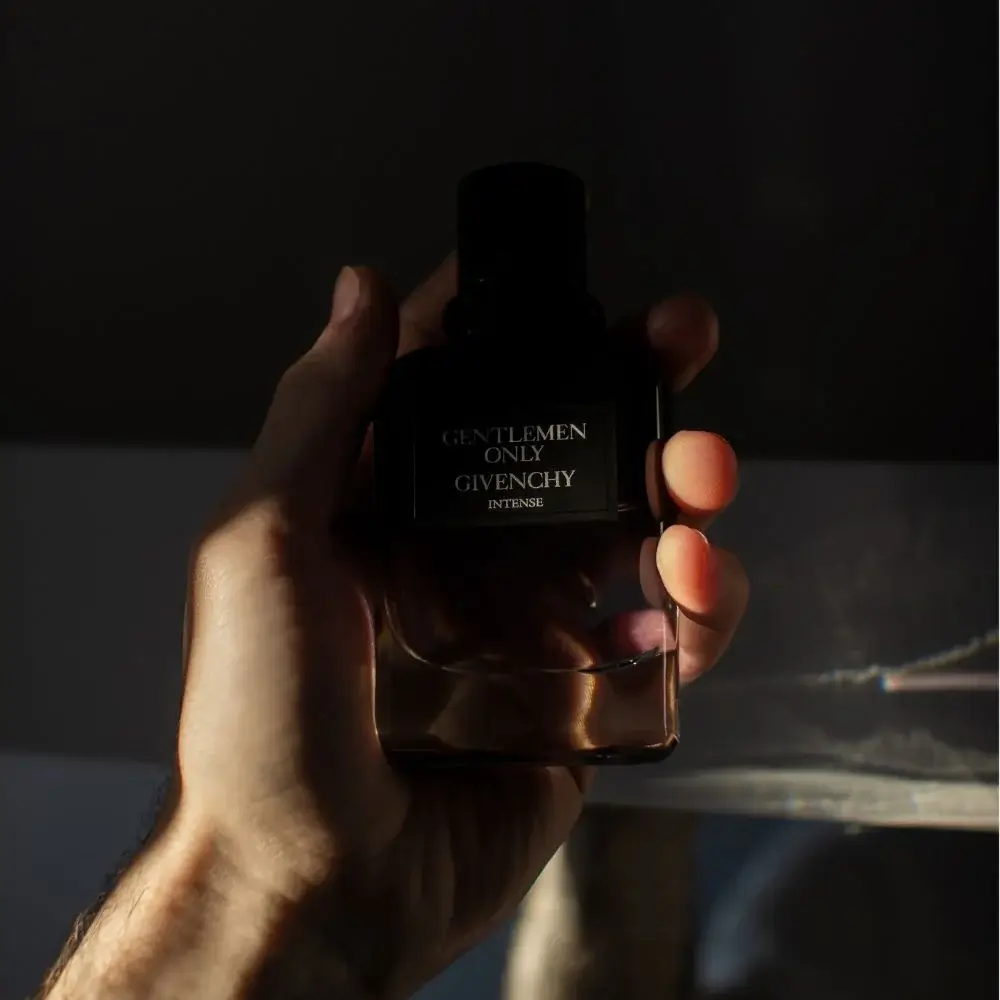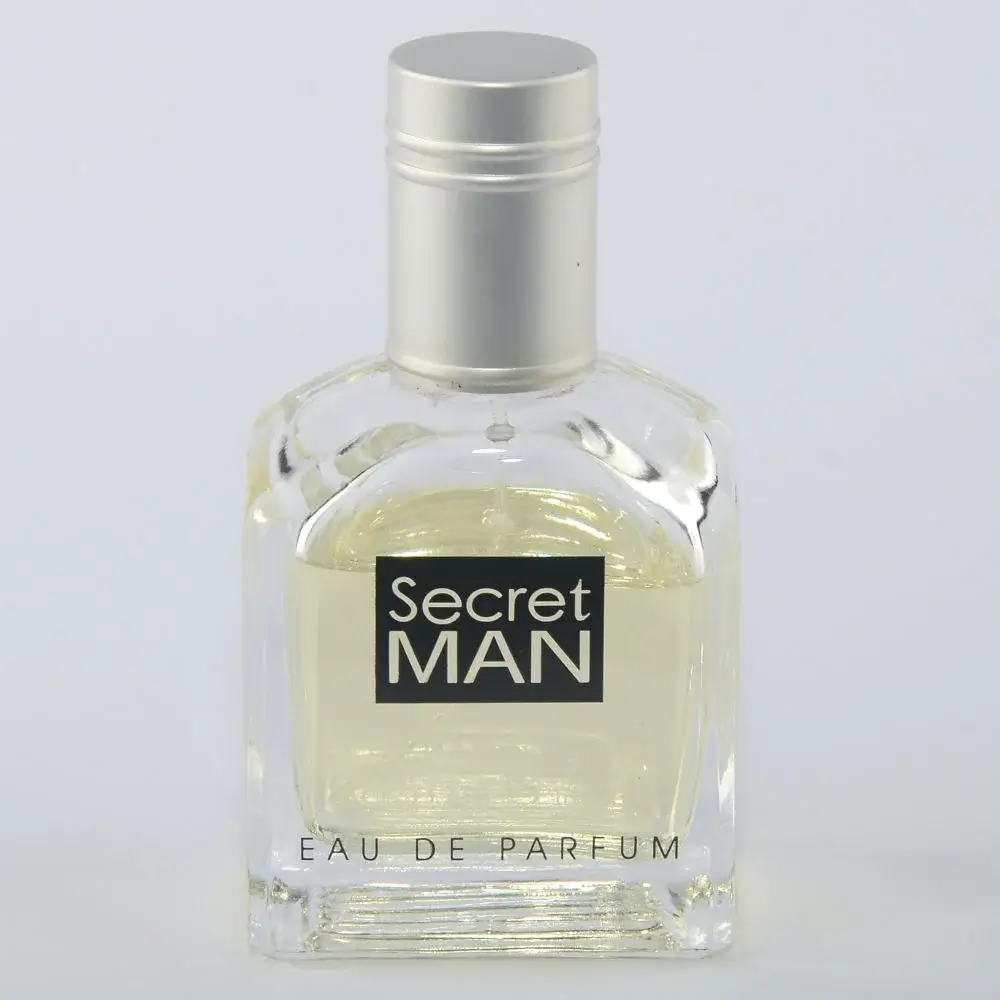Sweating is a natural process that helps regulate body temperature, but excessive sweating can lead to an unpleasant odor that can affect a person's confidence. Fortunately, many deodorants are on the market with various ingredients that can help control sweat and odor. But are there any specific ingredients that one should look for in a deodorant that can effectively control excessive sweating and odor? As a beauty editor, I am excited to share with you the ingredients to look for in an effective deodorant.
Aluminum-Based Compounds
Aluminum-based compounds are one of the most common active ingredients in antiperspirants and deodorants. These compounds block the sweat glands, reducing the amount of sweat that comes to the skin's surface, and reducing the risk of odor-causing bacteria. However, some people might be allergic to aluminum-based compounds, and it is essential to check for any allergic reactions before using deodorants with this ingredient.
Witch Hazel
Besides aluminum, deodorants containing witch hazel can control excessive sweating and odor. Witch hazel is a natural astringent that helps constrict the pores, reducing the amount of sweat on the skin's surface and the risk of odor-causing bacteria. Moreover, witch hazel has anti-inflammatory properties, making it great for sensitive skin.
Essential Oils
Essential oils are not only great for aromatherapy; they can also help control sweat and odor. Tea tree oil has properties that kill odor-causing bacteria, while lavender oil is known for its antibacterial properties, natural fragrance, and ability to soothe irritated skin. However, essential oils are powerful, and it is essential to dilute them before use to prevent skin irritation, especially for people with sensitive skin.
Charcoal
Charcoal has become popular in beauty products because it absorbs impurities and toxins. Deodorants containing charcoal can help control sweat and odor by absorbing excess moisture and neutralizing odors. However, charcoal deodorants are not recommended for people with dry skin, as they might cause further dryness.
Baking Soda
Baking soda deodorants can help control excessive sweating and odor by neutralizing the acids produced by sweat and reducing bacterial growth. Baking soda is highly alkaline, making it an effective ingredient in deodorants. However, people with sensitive skin should avoid baking soda deodorants, which can cause skin irritation.
When looking for a deodorant that can effectively control excessive sweating and odor, it is essential to consider the active ingredients. Aluminum-based compounds, witch hazel, essential oils, charcoal, and baking soda are some ingredients to look for in an effective deodorant. However, it is essential to consider your skin type and any allergic reactions before using any deodorant. With the right deodorant, excessive sweating and odor can be a thing of the past, giving you the confidence you need to conquer the day.
Attention, beauty lovers! We understand that finding the right deodorant for men who sweat a lot can be a real challenge. That's why we turned to the experts - beauty editors who have reviewed and tried countless products. After thorough research, we have found the ultimate solution! Click the link to discover the best deodorant for men who sweat a lot. Not only will you stay dry all day, but you will also smell amazing. Trust us, your underarms will thank you later! Don't let body odor ruin your confidence, this deodorant will become your new favorite best friend.
What are some common myths about deodorants for men and excessive sweating?
There are several common myths surrounding deodorants for men and excessive sweating. One myth is that all deodorants effectively prevent sweat, which is invalid. Deodorants primarily mask body odor but may not control sweat production. Another myth is that excessive sweating is a sign of poor hygiene. Sweating is a natural process that genetics and hormonal changes can influence. Further, some believe using antiperspirants can lead to health issues like breast cancer, but scientific evidence does not support this claim. It's essential to separate myths from facts regarding deodorants and excessive sweating.

What are the long-lasting effects of deodorants on men?
Deodorants for men have minimal long-lasting effects beyond controlling body odor. They primarily work by neutralizing odor-causing bacteria or masking the smell. However, deodorants do not significantly alter or impact the body's natural sweating process. Antiperspirants, on the other hand, contain aluminum-based compounds that temporarily block sweat ducts, reducing perspiration. While this can relieve excessive sweating, the effects are temporary and typically last a few hours. It's important to note that long-term use of antiperspirants may cause skin irritation or allergic reactions in some individuals.

What are some lifestyle changes that can help reduce excessive sweating?
In addition to using deodorants or antiperspirants, specific lifestyle changes can help reduce excessive sweating. Maintaining a healthy weight can be beneficial as overweight individuals tend to sweat more. Wearing breathable clothing made from natural fibers like cotton can also help by allowing better airflow to the skin. Avoiding spicy foods, caffeine, and alcohol, which can trigger sweating, might be helpful. Managing stress through relaxation techniques like yoga or meditation can also assist in controlling excessive sweating. Finally, maintaining good hygiene by showering regularly and using antibacterial soaps can help manage body odor associated with sweating.

How can I identify if a deodorant contains harmful ingredients?
To identify if a deodorant contains harmful ingredients, it's essential to read the product labels and be aware of potentially problematic substances. Look for common ingredients such as parabens, triclosan, and aluminum compounds, which have been associated with potential health risks. If a deodorant contains these ingredients, consider alternative products labeled as paraben-free, triclosan-free, or aluminum-free. Researching the ingredients online or consulting a dermatologist can provide further insight into potential risks or concerns associated with specific deodorant ingredients.

How can I prevent irritation or itching caused by deodorants?
To prevent irritation or itching caused by deodorants, you can follow a few strategies. Firstly, consider using deodorants labeled as hypoallergenic or formulated for sensitive skin. These products are often designed to minimize the risk of irritation. Before applying deodorant, ensure your underarms are clean and dry, as applying it on damp skin can increase the chances of irritation. If you experience irritation, discontinue use immediately and switch to a different deodorant. Applying a thin layer of fragrance-free moisturizer to your underarms before deodorant can also act as a protective barrier and reduce the likelihood of irritation.
Should I switch deodorants if I develop a skin reaction?
If you develop a skin reaction from deodorant, switching to a different product is advisable. Skin reactions can manifest as redness, itching, rashes, or blisters. Using the same deodorant can exacerbate the reaction and lead to further discomfort. Opt for deodorants labeled as hypoallergenic or formulated for sensitive skin, as they are less likely to cause adverse reactions. Patch reviewing a small amount of the deodorant on a small area of your skin before the complete application can also help identify potential allergic reactions. If the skin reaction persists or worsens, consult a dermatologist for further guidance.







